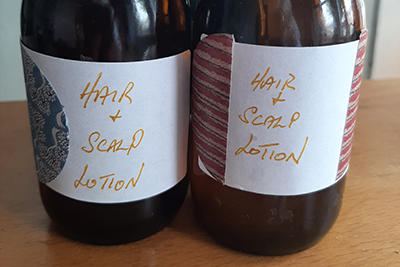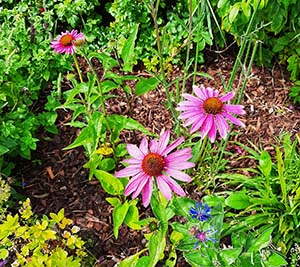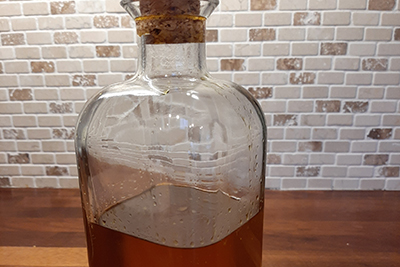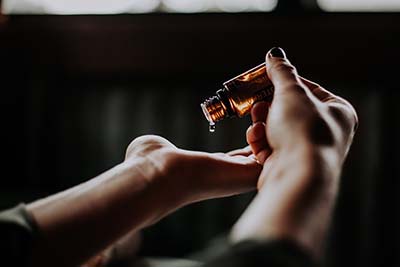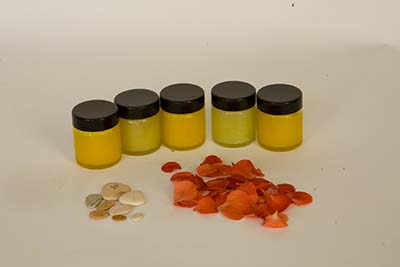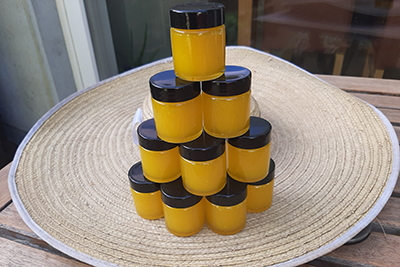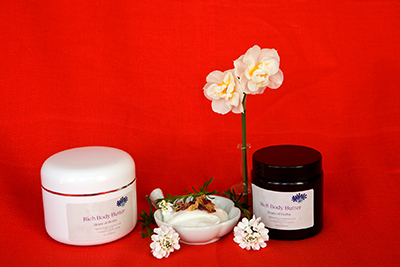Stress and our health
A well balanced nervous system
Why is stress such a big player in affecting many aspects of our health? Looking at how we are designed, it is desirable for us to have a well-functioning, well balanced nervous system. Our sympathetic system is on ‘standby’ to alert us to risk and to be effective in getting us out of a dangerous situation. It’s a great and necessary survival mechanism, often known as “fright or flight”. Our parasympathetic nervous system is the one that allows us to wind down, feel more relaxed and at ease, get off to sleep. It is the one we use for “rest and digest”, considered the ideal state to be in for much of our waking hours.
Stress causes and effects
Although we can accept some level of stress as normal, there may be periods when it is excessive.
We may have stressful workloads or responsibilities that place high demands on our time, our attention, our energy. If in a stressful environment, we may be over-exposed to too much activity, or noise, or a range of demands that can make us feel anxious. This results in the production of hormones such as cortisol and adrenaline which ramp up certain physiological functions in order to perform tasks, meet deadlines, juggle many responsibilities. However, keeping the body in this state for a prolonged time can lead to us being overly stimulated, and can increase mental discomfort. A sense of feeling constantly stressed will also have a similar effect, leaving us feeling exhausted and drained. More serious symptoms such as anxiety or depression can arise if this does not change. Remember, your mental health is of primary importance to all your wellbeing.
Stress management
We need good quality ‘down-time’ to restore the nervous system, give it time to reset and bring it back to parasympathetic mode. When we take steps to build this into our day, we are re-setting our nervous system in a healthy way and protecting ourselves from the worse effects of a stressful period. Here are some examples of the ‘5-a-day’ practices for mental health
Get in a daily walk or other form of activity, movement is great for us.
Try to have quiet time at some point in your day/evening when you can do a short mindfulness practice with breath awareness, positive affirmations or just resting and relaxing your body and mind.
Spend time in nature; listen, smell, look, notice.
Develop a new interest or pick up an old one you enjoyed. It’s a way of honing your skills, tapping into your creativity and increasing your sense of contentment.
Keep in touch with the people who matter to you. Sometimes when we feel low, or even when we are very busy, we cut ourselves off a bit from our usual contacts. This can easily slide into losing touch completely, so make the effort to retain these relationships.
Doing any of the above, even when you are very busy, is important self-care. It is not a form of self-indulgence, it is as essential for your wellbeing as getting good quality sleep and eating well. All these practices nourish our nervous system.
There may still be times when we need more support, after a demanding period of work, an illness, or a loss of some kind. Or we may experience an overriding feeling of anxiety which permeates our waking hours. Herbal medicine can play a huge role in restoring our nervous system, calming things down, promoting good sleep and in general helping us feel more relaxed and optimistic. If not addressed effectively, stress and anxiety will often lead to a sense of depletion and even depression.
How herbs can help stress and anxiety
The historical role played by herbal medicine to help with certain states of mental distress was never more valuable than it is today. One aspect of this is how herbs can strengthen and feed the nervous system. Periods of prolonged stress may lead to disturbances of the nervous and adrenal systems. By supporting the adrenal glands, and calming the nervous system, people can experience better emotional health and enjoy more restful sleep at night. In cases of shock, stress or nervous debility, nervines (tonics for the nervous system) support and restore normal function. Many people with low-level stress and anxiety will find a good level of support with herbal medicine. Anxiolytics, (herbs that relieve anxiety), take the edge off the sensation of anxiety and induce feelings of relaxation. Other herbs also have some mood-lifting properties and can help in cases of depression. They support and strengthen the nervous system, helping us to adapt and giving us extra energy and the resilience to cope better. Oatstraw, skullcap, gotu kola, lemon balm, valerian are ‘nervines’. They are not dependency forming and are designed for short to medium-term use, or to take if life goes a bit off the rails on occasions.
For assistance with stress/anxiety/depression, you can call me on 0872455519 or email [email protected]
Keep up to date with the latest
Home of Herbs news and views
Sign up to our seasonal e-Newsletter
Message me with a question
Keep up to date with the latest
Home of Herbs news and views
Sign up to our seasonal e-Newsletter
Message me with a question
Social Media
Payments Accepted

Contact Us
Contact Details
Phone: 0872455519
Email: [email protected]
Address:
Helen McCormack
186 Philipsburgh Avenue
Marino, Dublin 3




